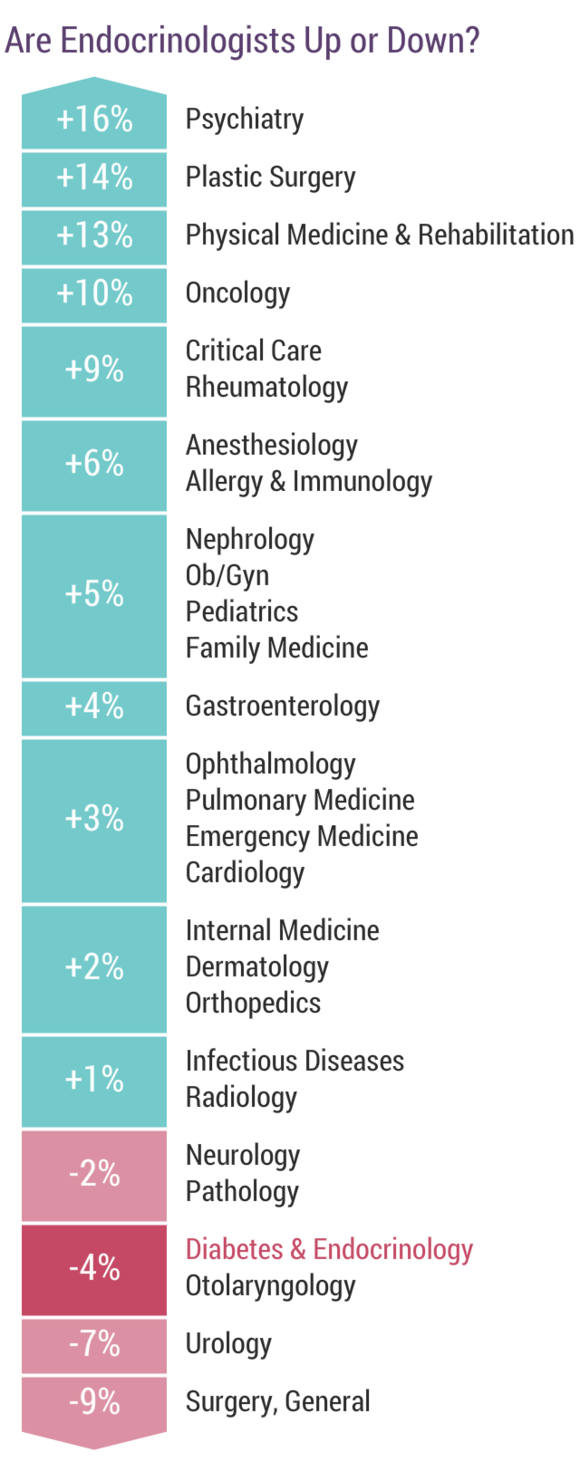The Scientific Research Behind Hormonal Agent Guideline: Insights From an Endocrinologist
The Scientific Research Behind Hormonal Agent Policy: Insights From an Endocrinologist provides an extensive exploration of the detailed procedures involved in hormone law. Whether you are a medical expert looking for a much deeper understanding of endocrine function or a specific interested in discovering regarding the scientific research behind hormonal agent guideline, this book is an indispensable resource.
Hormonal Agents and Their Features
Hormones play vital functions in the regulation and coordination of numerous physiological procedures within the body. These chemical carriers are created by endocrine glands and are released right into the bloodstream, where they travel to target cells or organs to apply their impacts. The functions of hormonal agents vary and encompass nearly every element of human physiology.
One of the key functions of hormones is to maintain homeostasis, which is the secure internal setting needed for the body to function ideally. As an example, insulin, a hormone created by the pancreatic, regulates blood sugar degrees by promoting the uptake and storage space of glucose in cells. Another hormonal agent, cortisol, helps the body respond to tension by increasing blood sugar level degrees and reducing the immune system.
Hormones also play critical functions in growth and advancement. Development hormonal agent, produced by the pituitary gland, promotes the growth of cells and bones, while thyroid hormones manage metabolic rate and influence the advancement of the nerves - Best endocrinologist near me. In addition, reproductive hormones, such as estrogen and testosterone, are accountable for the growth and maintenance of secondary sexual attributes and the policy of the menstrual cycle
The Endocrine System: A Review
Playing an important role in the regulation and sychronisation of physical procedures, the endocrine system is a complex network of glands that generate and release hormones right into the blood stream. These glands, consisting of the hypothalamus, pituitary gland, thyroid gland, adrenal glands, pancreatic, ovaries, and testes, secrete hormonal agents that act as chemical carriers, affecting numerous bodily features. The endocrine system operates in combination with the nerves to manage and keep homeostasis, guaranteeing that the body's inner environment remains stable.
The hypothalamus, situated in the brain, is taken into consideration the master regulatory authority of the endocrine system. It produces hormonal agents that hinder the release or promote of hormones from the pituitary gland, which subsequently regulates the activity of various other endocrine glands. The thyroid gland, situated in the neck, generates hormonal agents that control metabolic rate and energy equilibrium. The adrenal glands, located atop the kidneys, produce hormonal agents that aid the body respond to tension and manage high blood pressure.

Policy of Hormonal Agent Production
The law of hormonal agent production entails a complicated interaction in between various glands and feedback mechanisms within the endocrine system. Hormonal agents are chemical carriers that play an important function in keeping homeostasis and coordinating various physiological procedures in the body. The production of hormonal agents is tightly regulated to ensure the appropriate performance of the endocrine system.
The hypothalamus, located in the brain, serves as a vital regulator of hormonal agent production. It releases hormonal agents that inhibit the manufacturing or stimulate of hormonal agents by the pituitary gland, which is commonly described as the "master gland" of the endocrine system. The pituitary gland, in turn, creates hormones that act on various target glands throughout the body, boosting them to generate and launch specific hormonal agents.
Comments devices also play a crucial role in hormone regulation. There are two sorts of feedback mechanisms: negative comments and positive responses. Negative comments assists preserve hormone degrees within a slim variety. When hormonal agent degrees increase above or drop listed below the optimum array, the body causes systems to either reduction or increase hormonal agent production, respectively, to restore equilibrium. Positive comments, on the various other hand, enhances the production of hormones in reaction to certain stimuli, such as childbirth.
Comments Loops in Hormonal Agent Regulation
Comments loops play a vital function in the policy of hormonal agent manufacturing. These loops include a collection of interactions between the endocrine glands, hormonal agents, and target body organs to preserve homeostasis in the body. There are two kinds of responses loopholes: unfavorable feedback and positive comments.
Negative responses is the most usual sort of feedback loop in hormonal agent law. It functions by picking up the levels of a Learn More Here hormone in the blood and adjusting hormone production appropriately. When hormone degrees rise over a certain limit, the hypothalamus in the mind signals the pituitary gland to lower hormonal agent production. This, consequently, lowers the stimulation of the target organ, resulting in a reduction in hormonal agent secretion. Alternatively, when hormone levels go down listed below the limit, the hypothalamus promotes the pituitary gland to enhance hormonal agent manufacturing, restoring balance.
Favorable comments loopholes, on the other hand, amplify hormone production. This occurs when a hormonal agent stimulates the launch of more of the same hormone, leading to a rapid rise in its degrees. However, favorable feedback loopholes are much less typical in hormonal agent law and are normally associated with visit our website specific physiological procedures, such as childbirth and lactation.
Factors Affecting Hormone Equilibrium
Aspects affecting hormone balance consist of nutritional selections, way of living habits, and environmental exposures. These variables can have a substantial impact on the fragile equilibrium of hormonal agents in the body, influencing different physiological procedures and general health.
Nutritional choices play a critical duty in hormonal agent policy. Eating a well balanced diet plan that consists of a selection of nutrients is crucial for keeping hormonal agent equilibrium. Particular nutrients, such as omega-3 fats, vitamins, and minerals, are specifically essential for optimum hormonal agent feature. On the other hand, a diet plan high in processed foods, fine-tuned sugars, and undesirable fats can interrupt hormone degrees and bring about inequalities.
Ample rest is critical for hormone manufacturing and law, as disrupted sleep patterns can lead to discrepancies. Furthermore, persistent stress can dysregulate the hypothalamic-pituitary-adrenal (HPA) axis, a crucial gamer in hormone guideline, leading to a cascade of hormone inequalities.

Conclusion
In verdict, comprehending the science behind hormone law is essential for maintaining total health and wellness and health. Hormonal agents play crucial duties in numerous bodily features, and their manufacturing is managed by intricate comments loops.
The Science Behind Hormonal Agent Regulation: Insights From an Endocrinologist offers a detailed exploration of the complex processes involved in hormonal agent guideline. It generates hormonal agents that promote check my blog or inhibit the launch of hormonal agents from the pituitary gland, which in turn controls the task of various other endocrine glands. It launches hormones that hinder the manufacturing or promote of hormonal agents by the pituitary gland, which is usually referred to as the "master gland" of the endocrine system. The pituitary gland, in turn, generates hormones that act on different target glands throughout the body, boosting them to generate and launch specific hormonal agents.
When hormone levels climb over a certain threshold, the hypothalamus in the mind signifies the pituitary gland to reduce hormonal agent manufacturing. (Endocrinology)